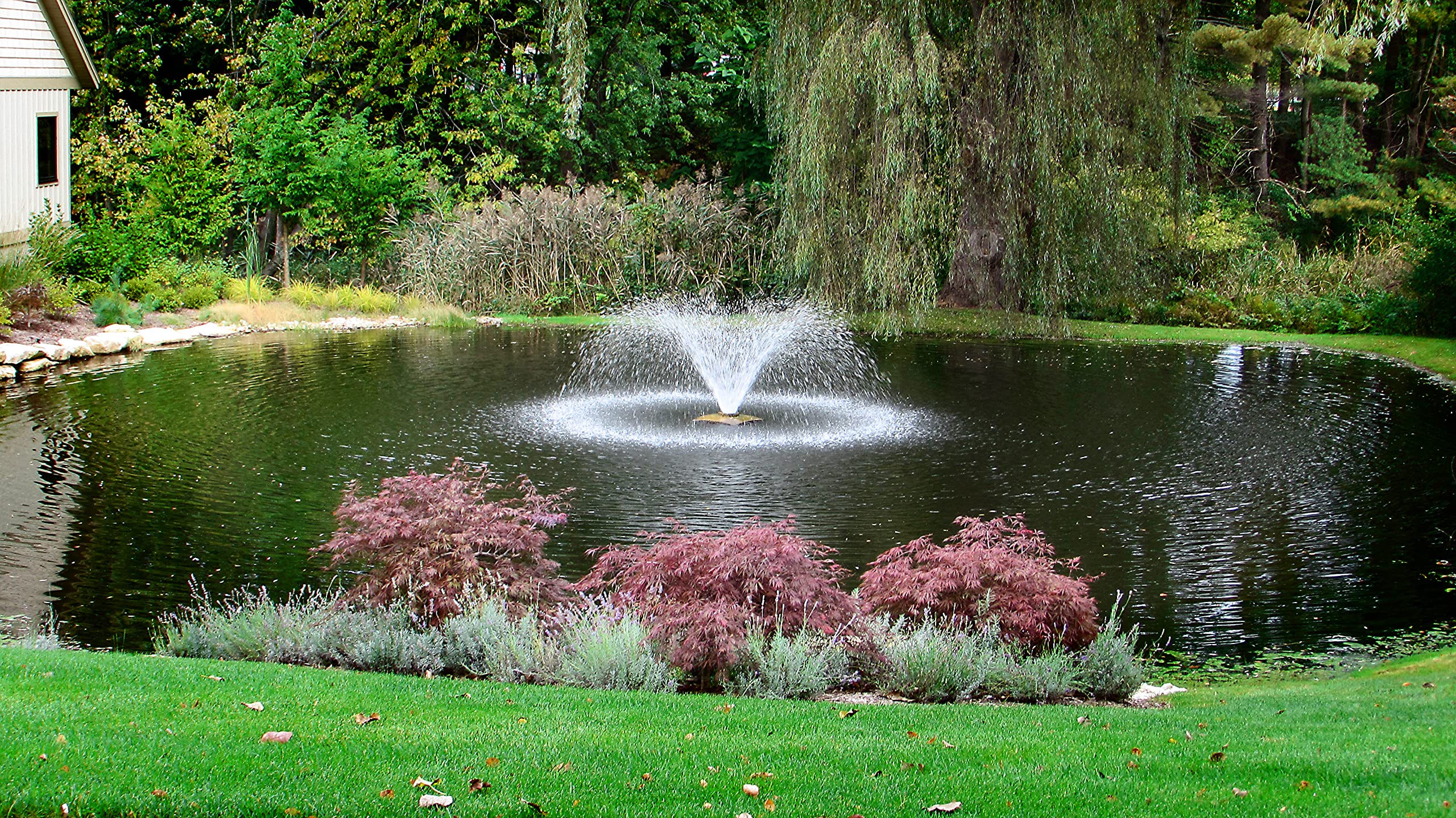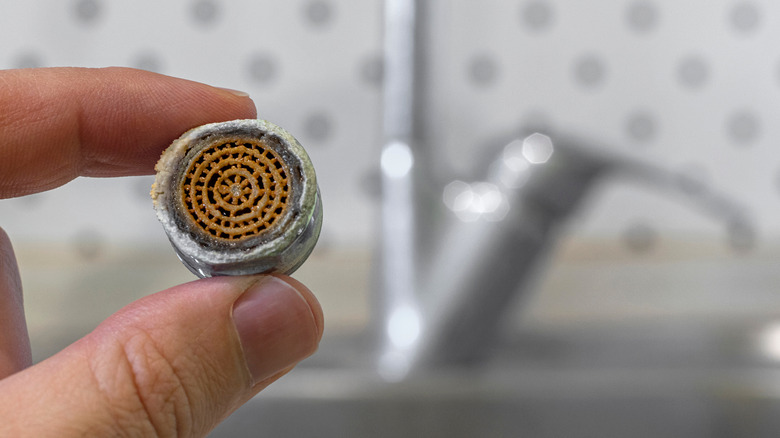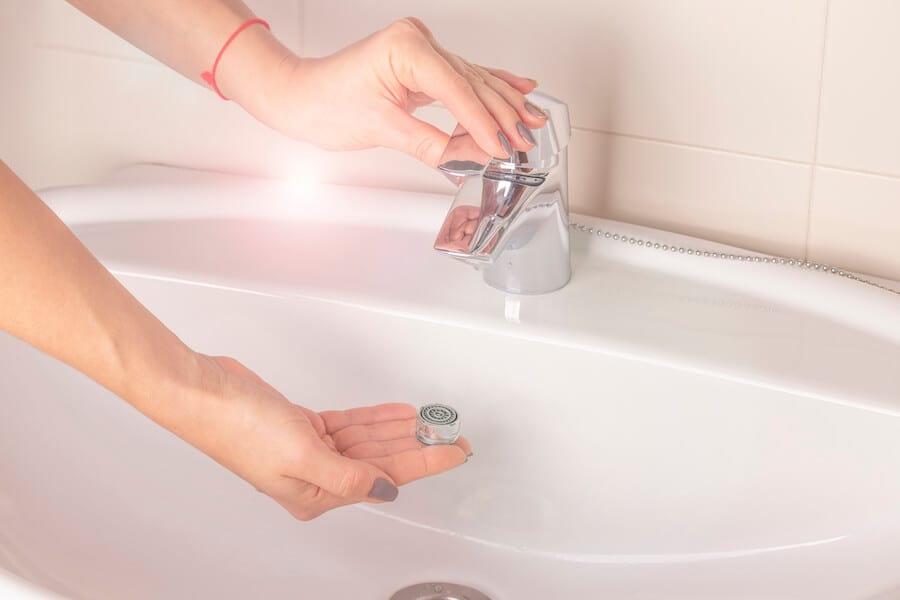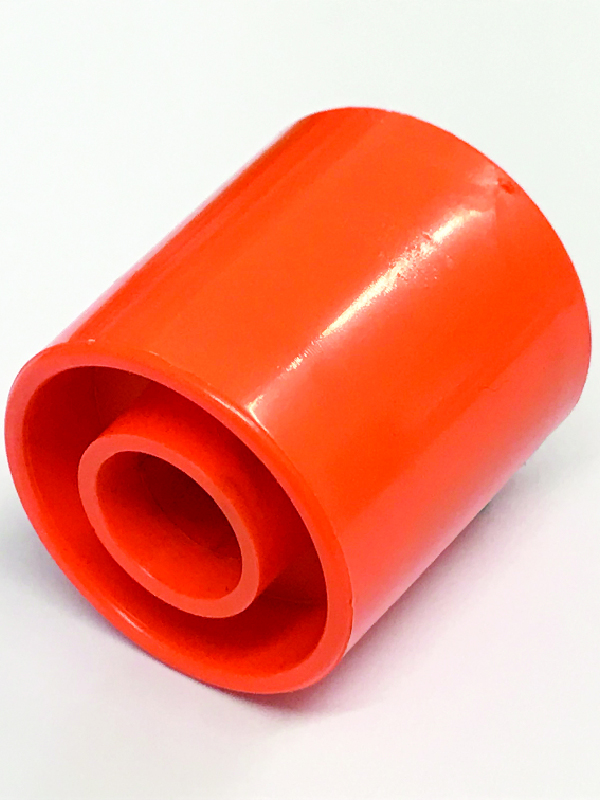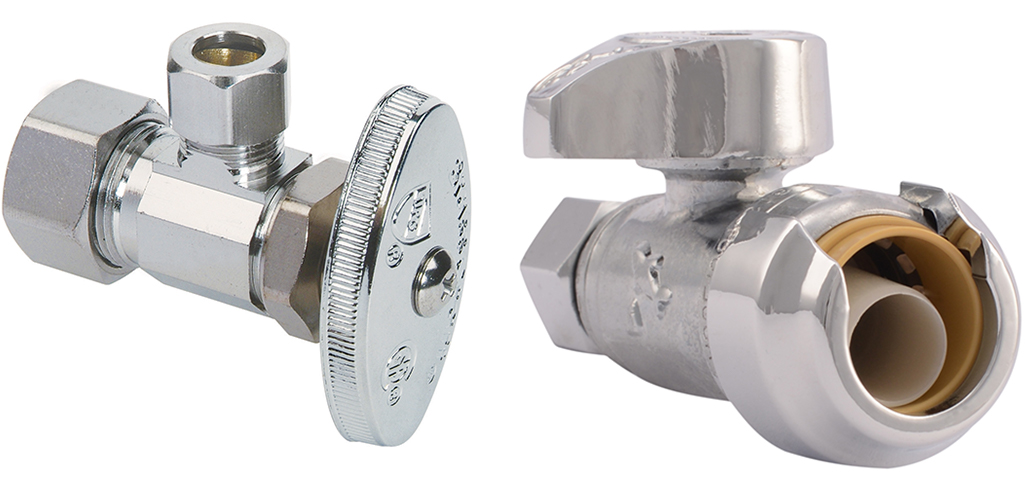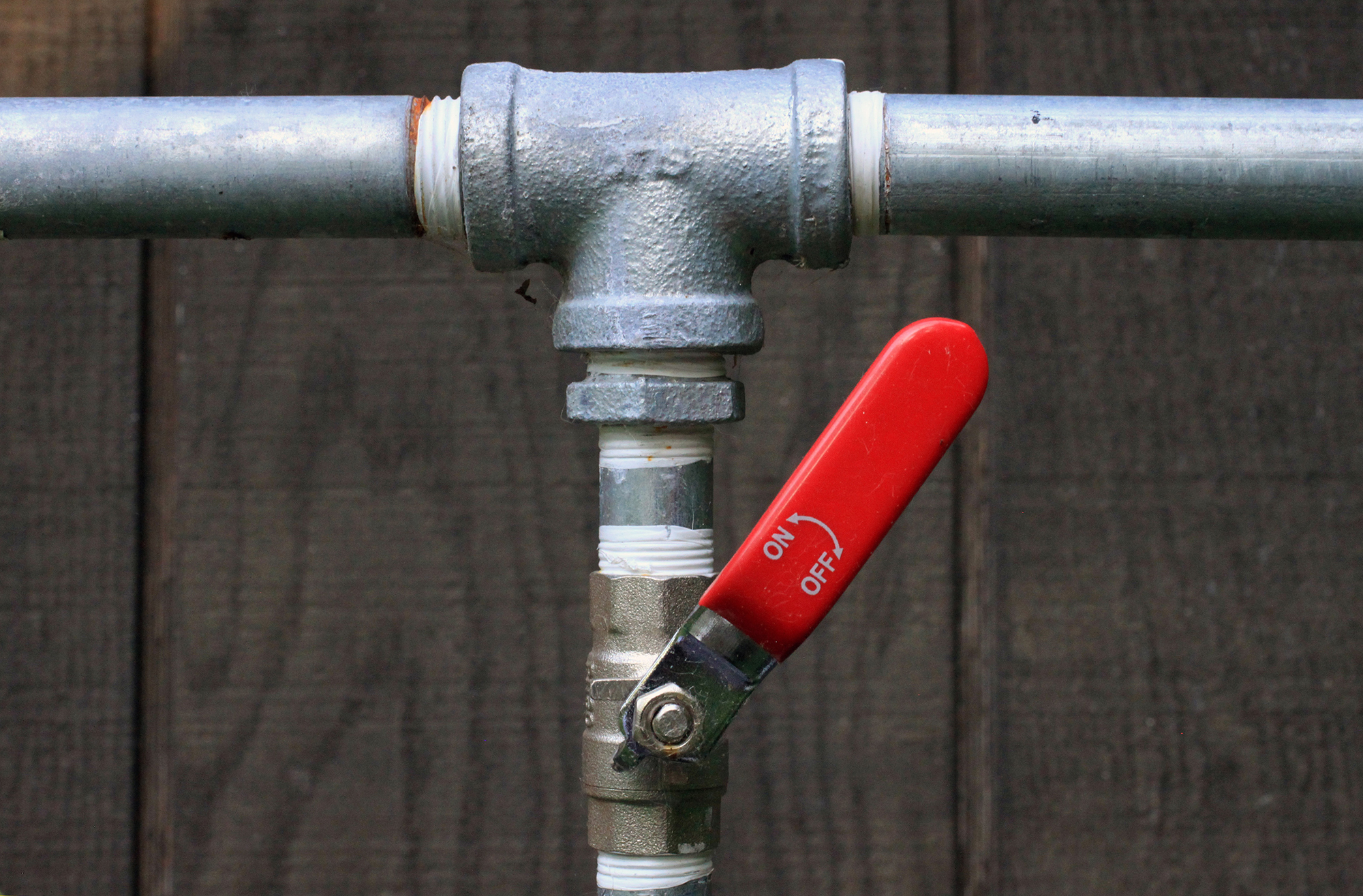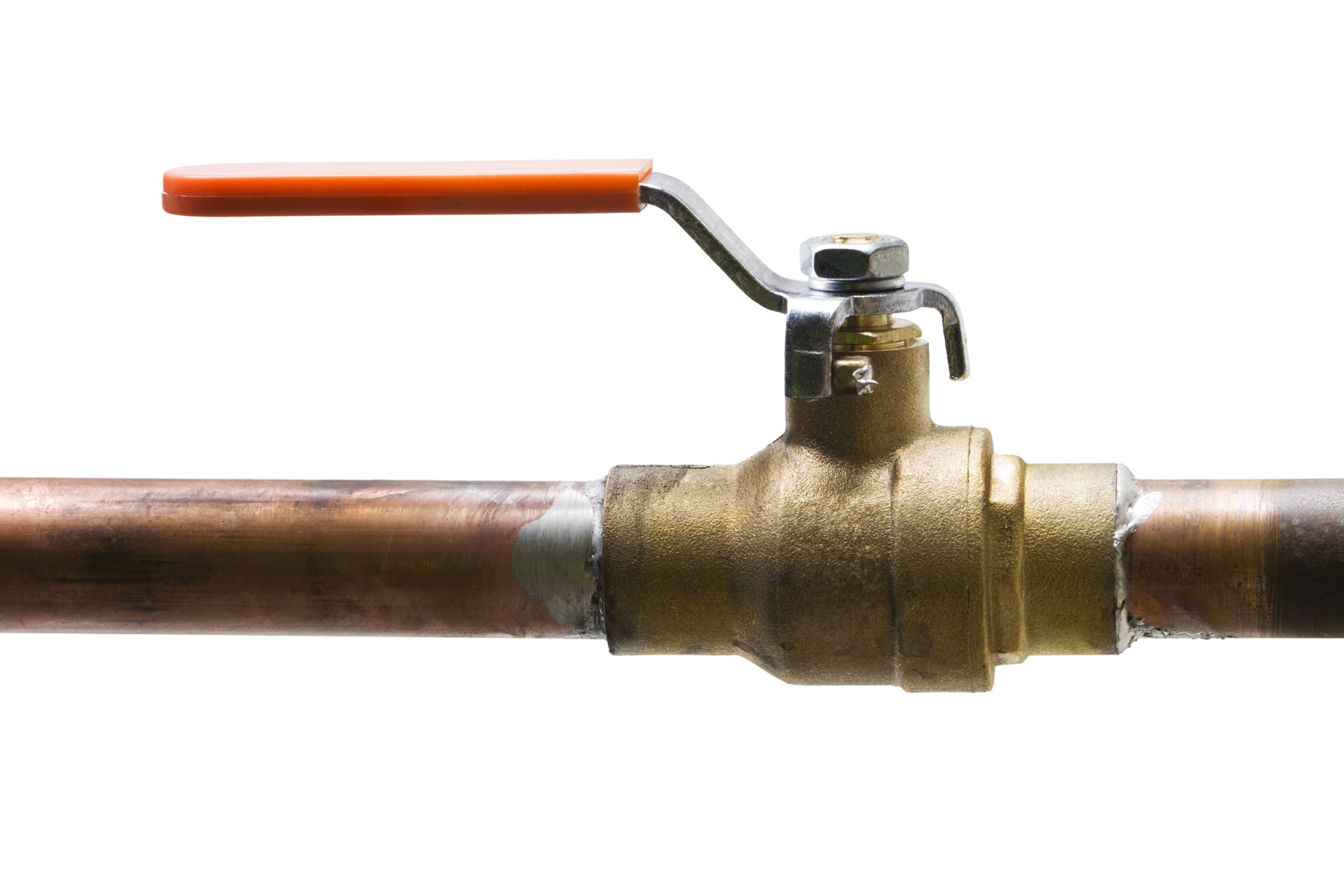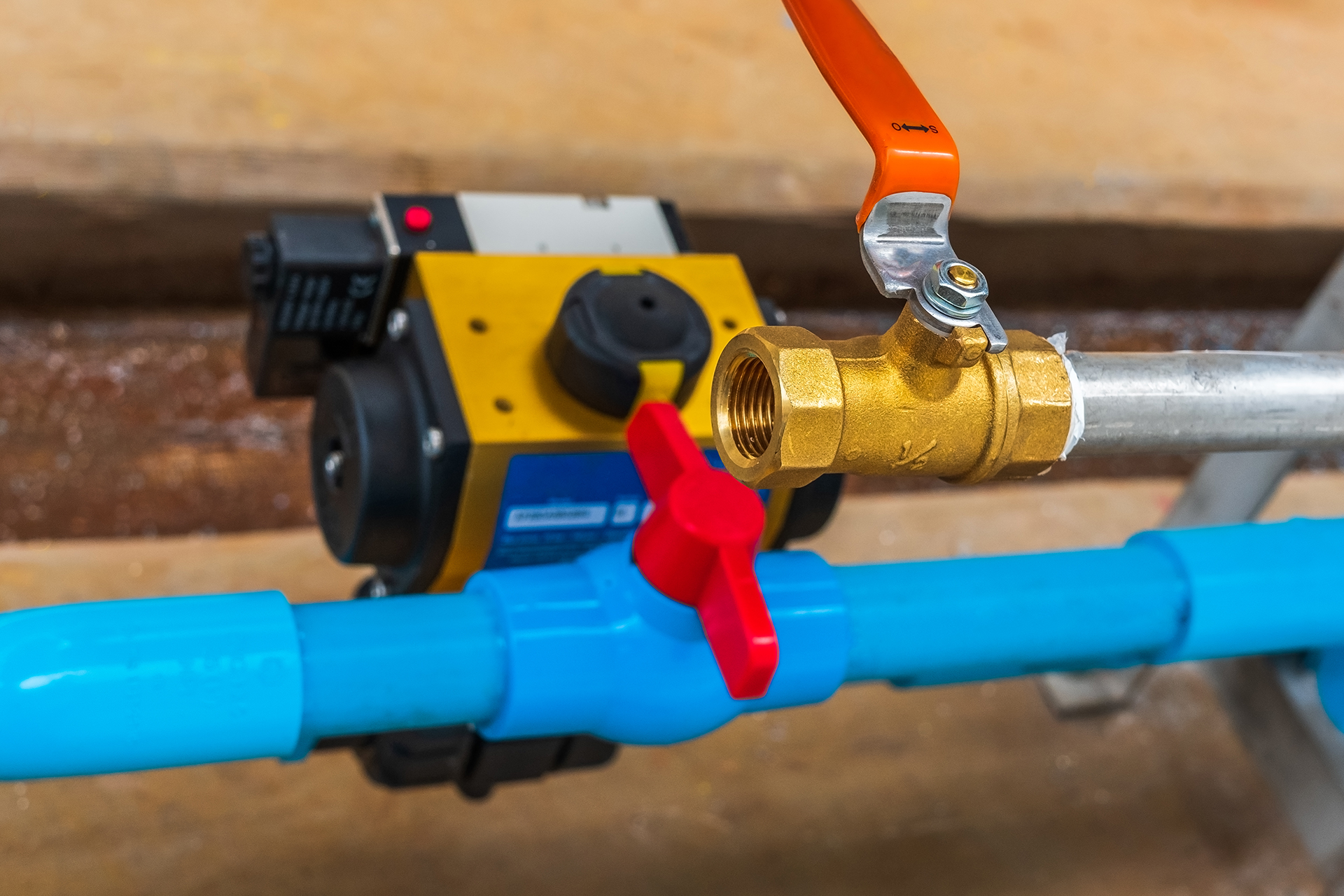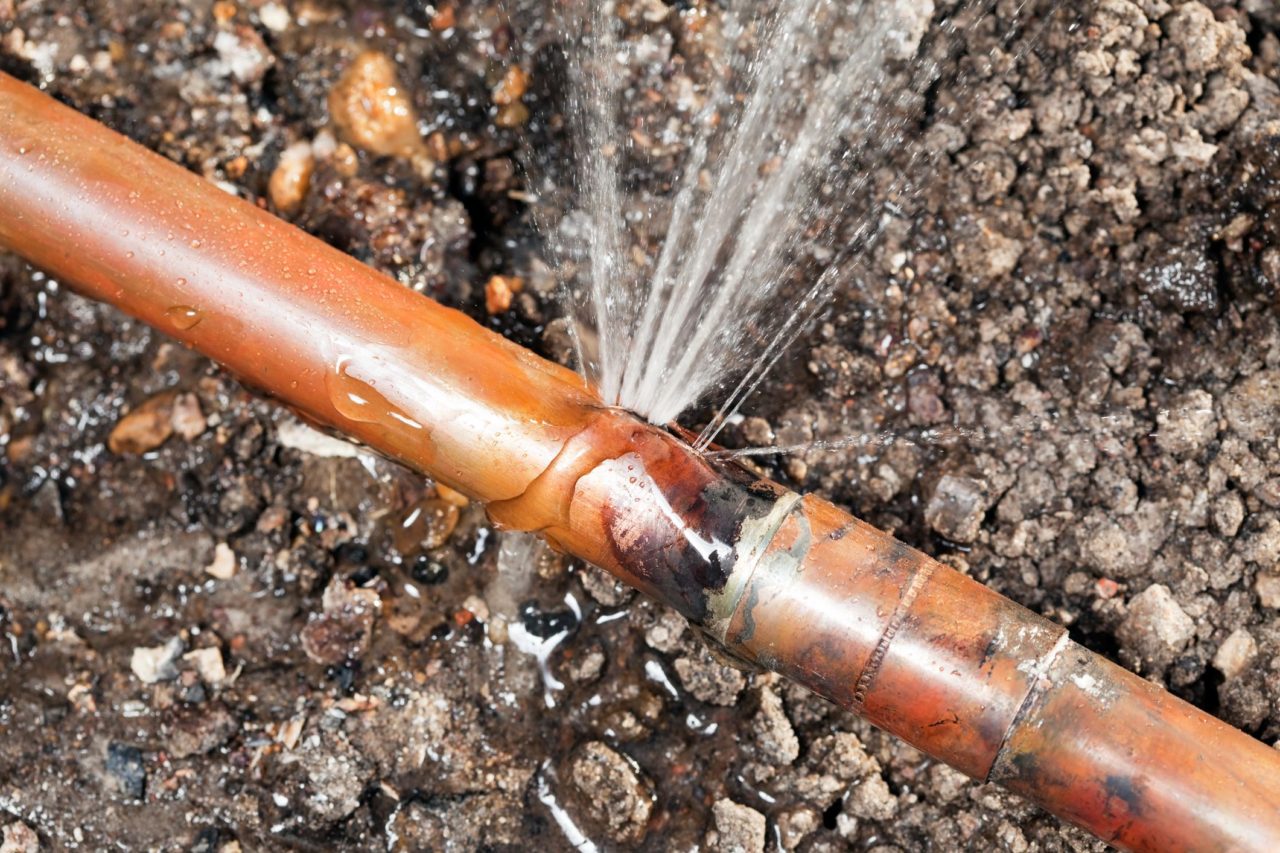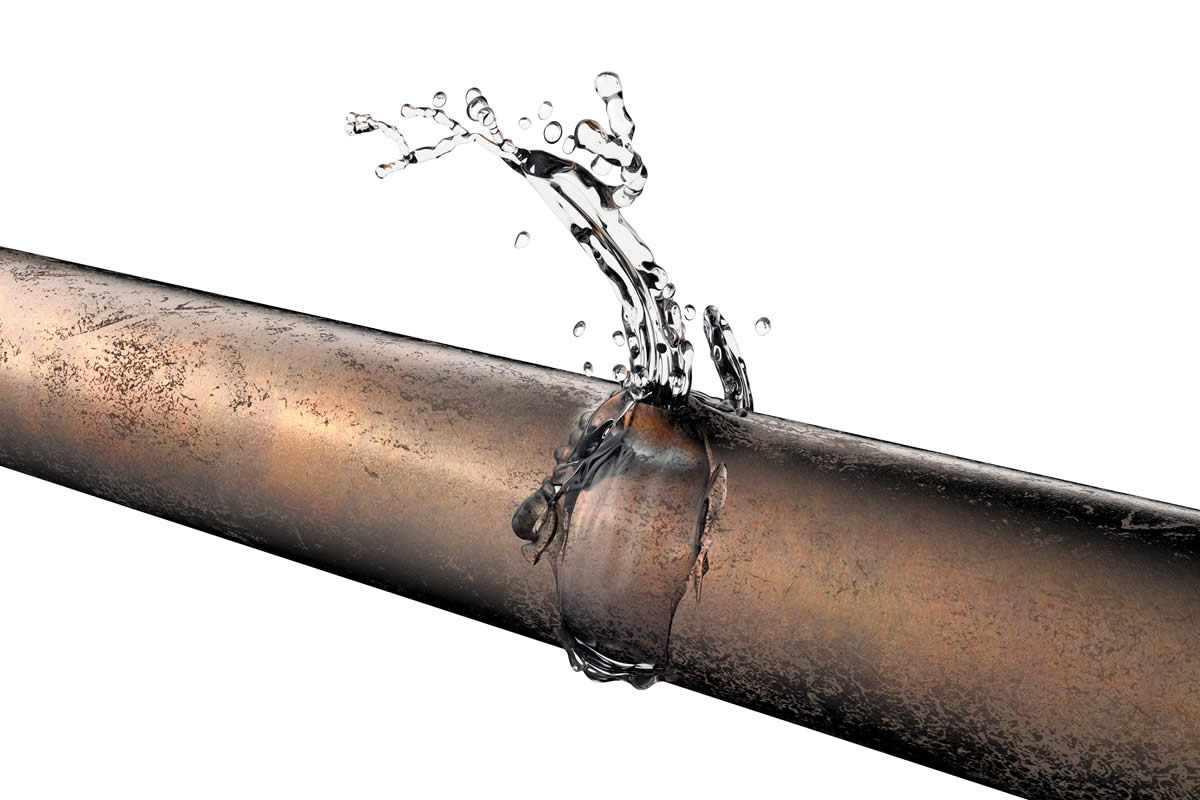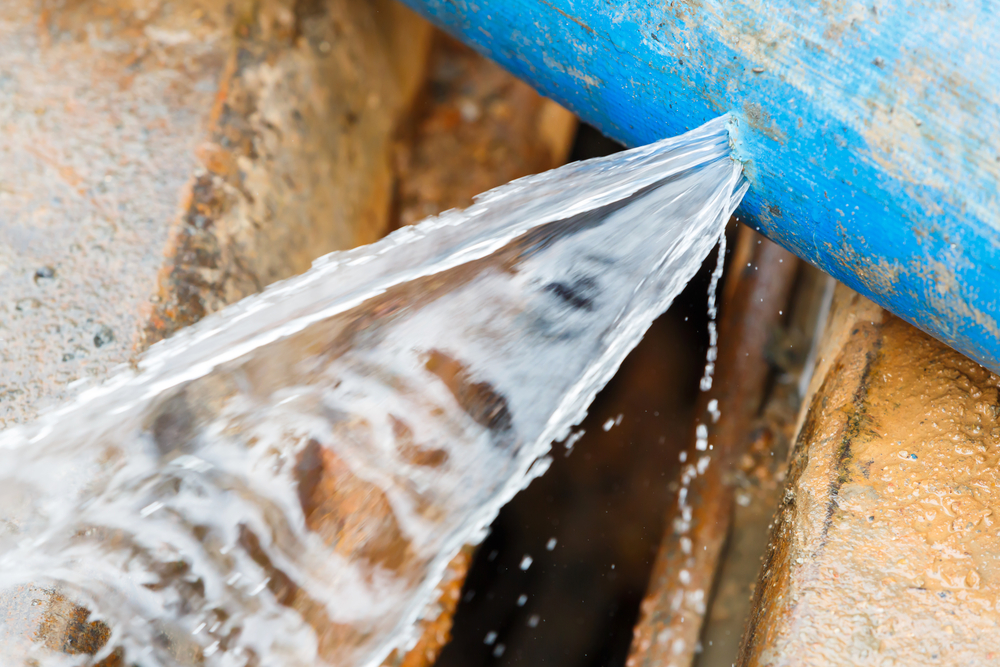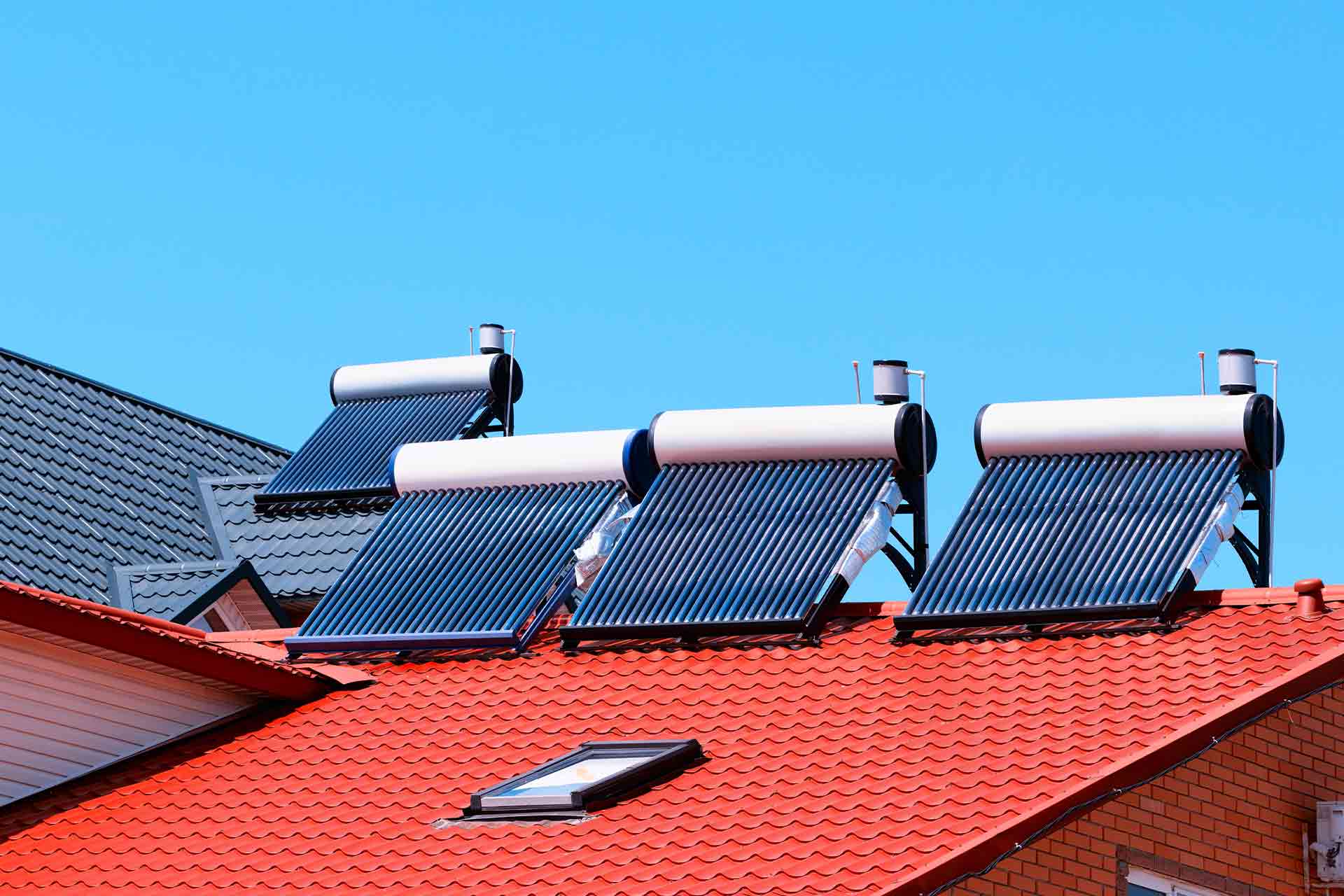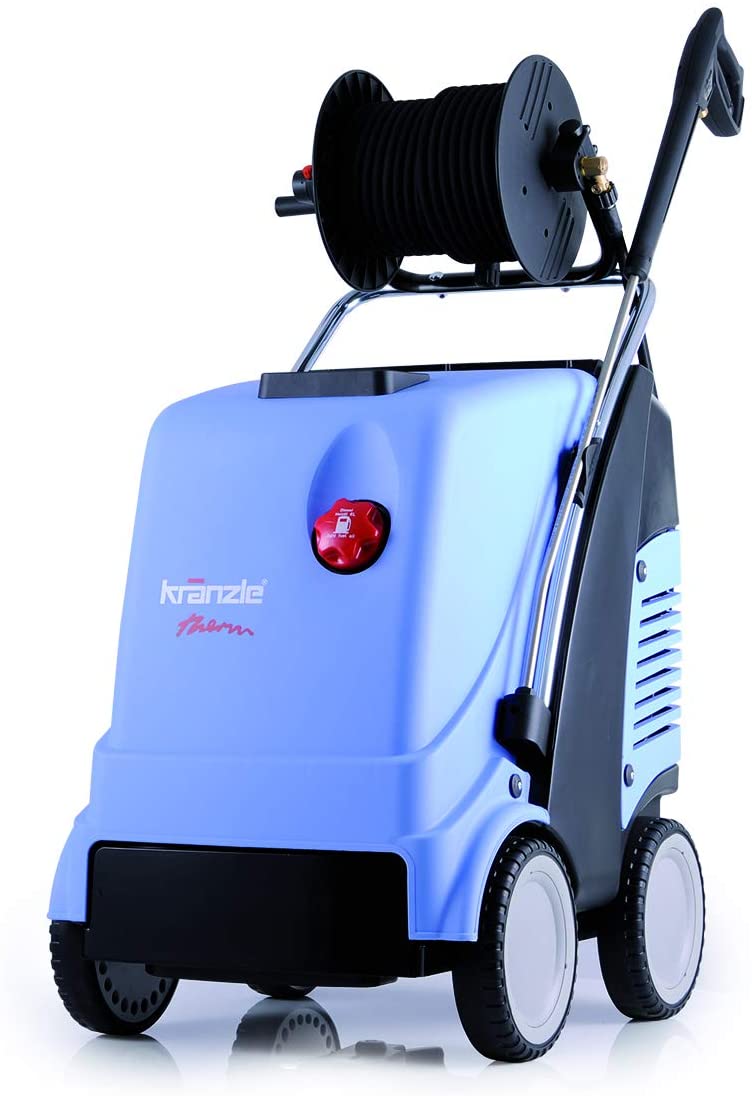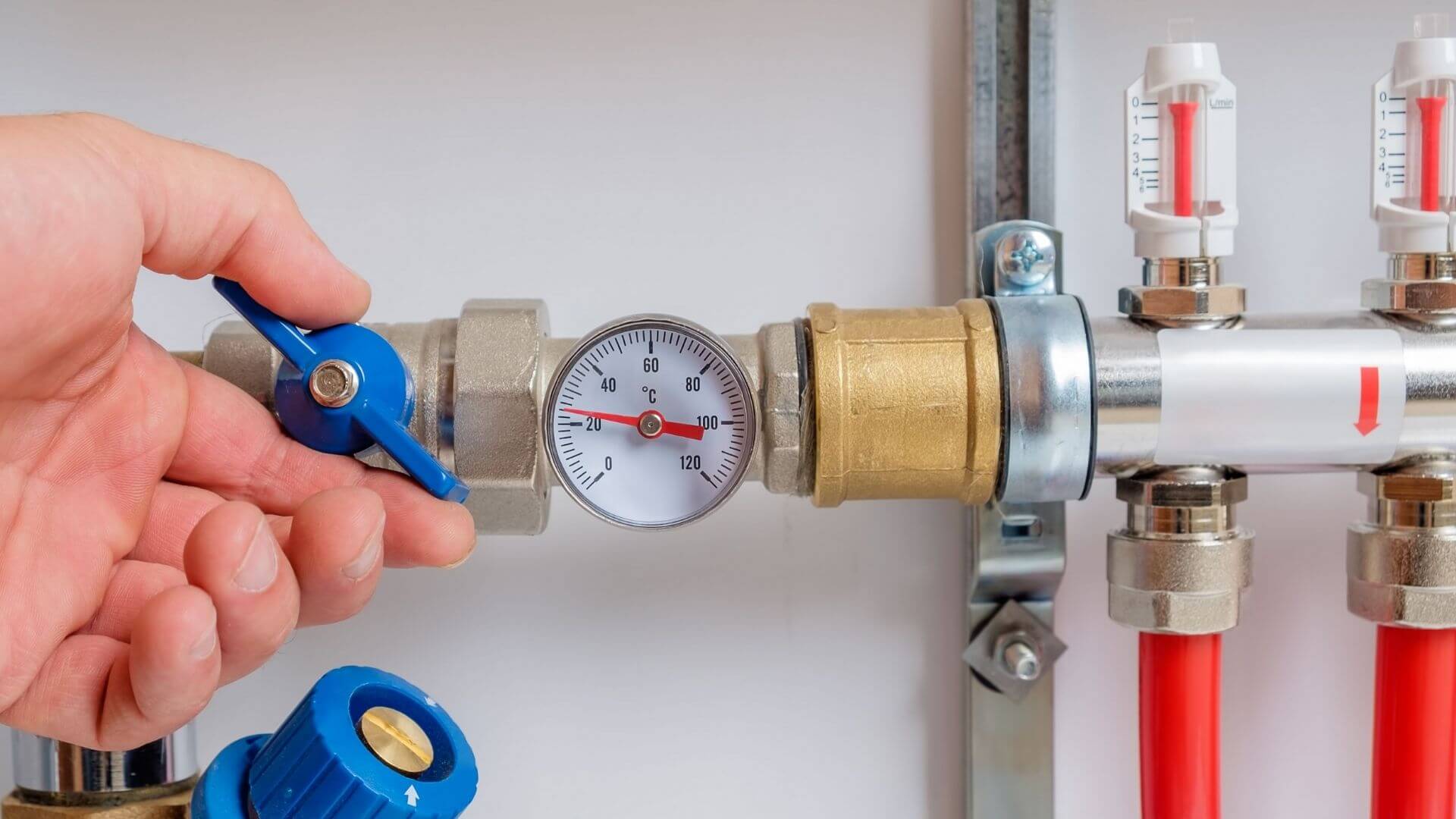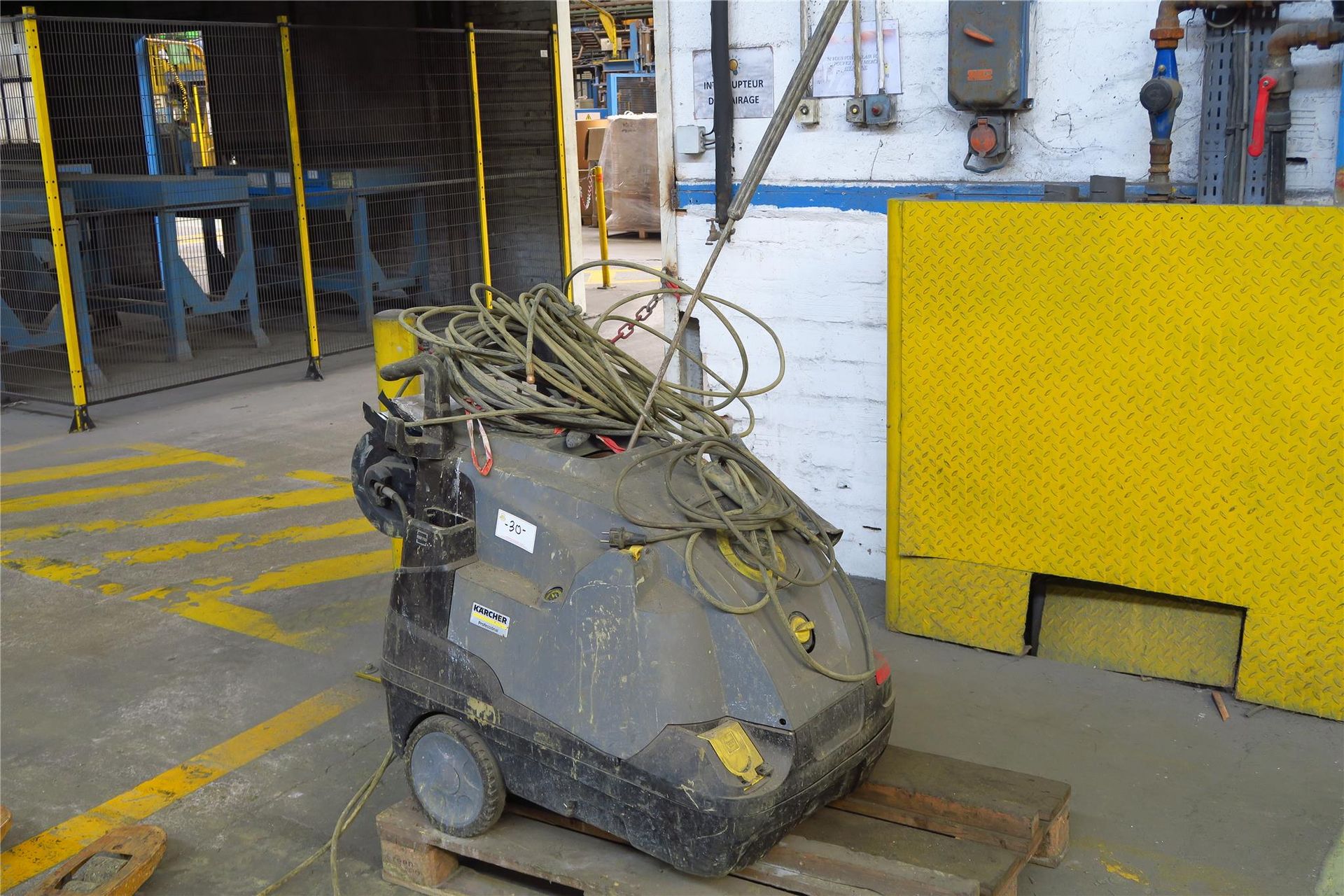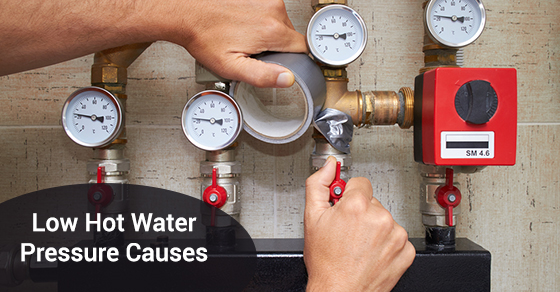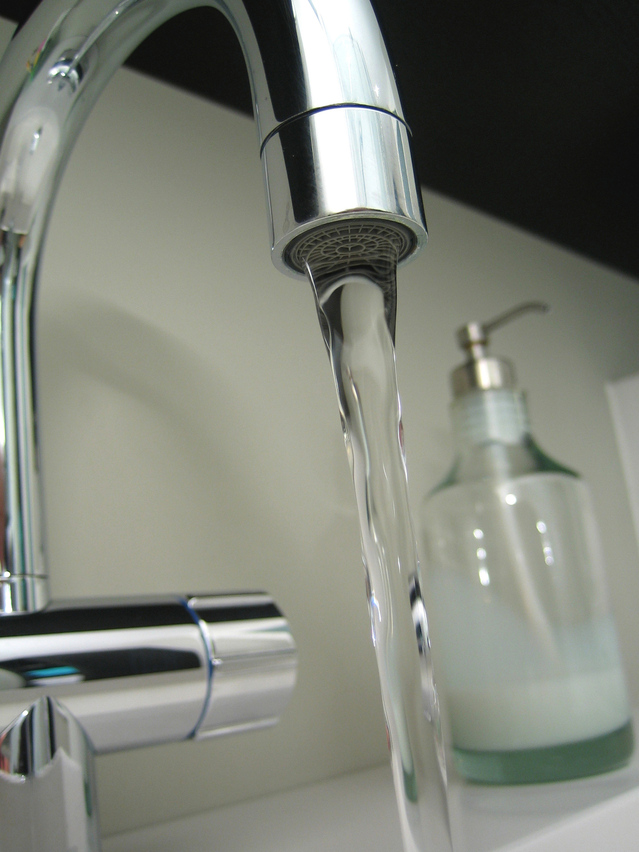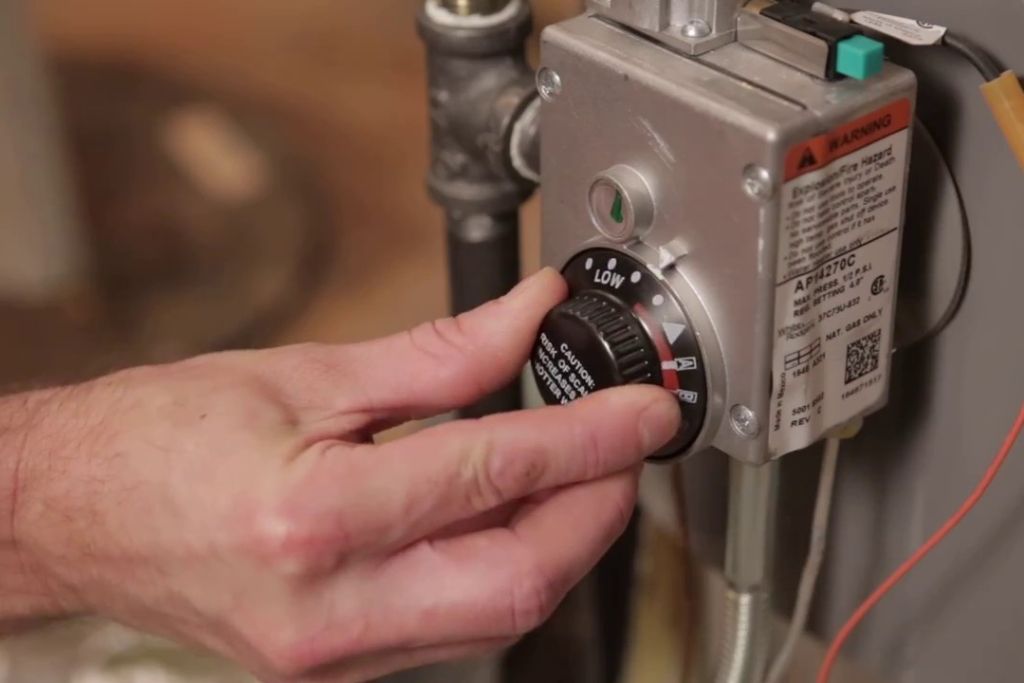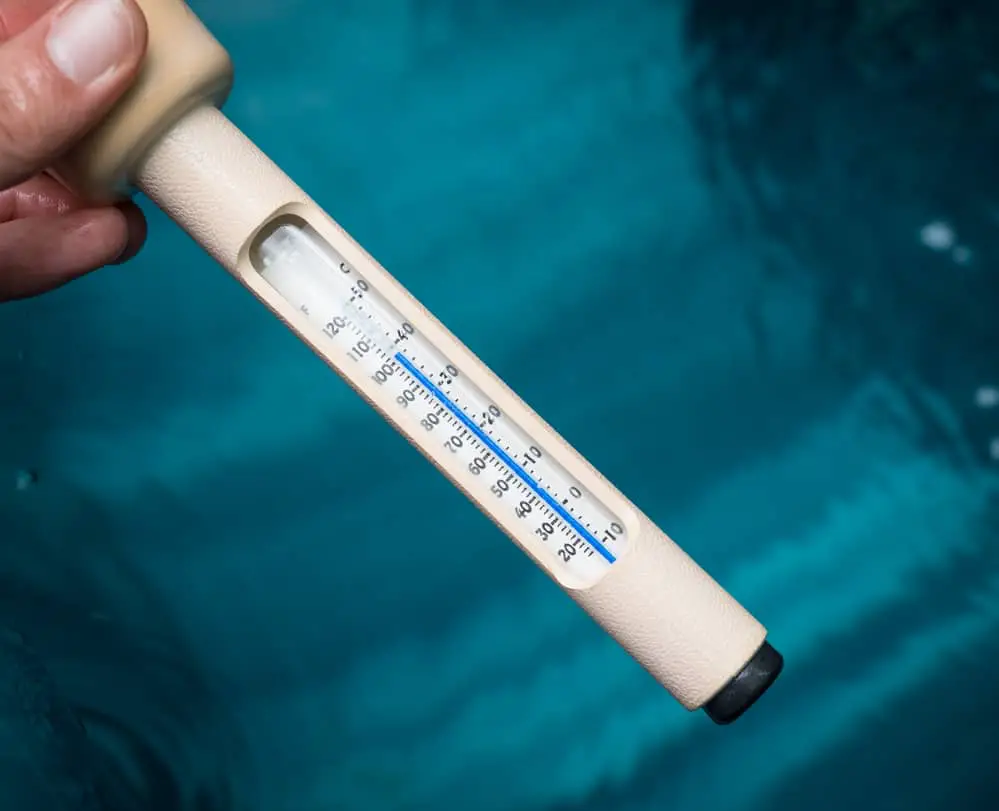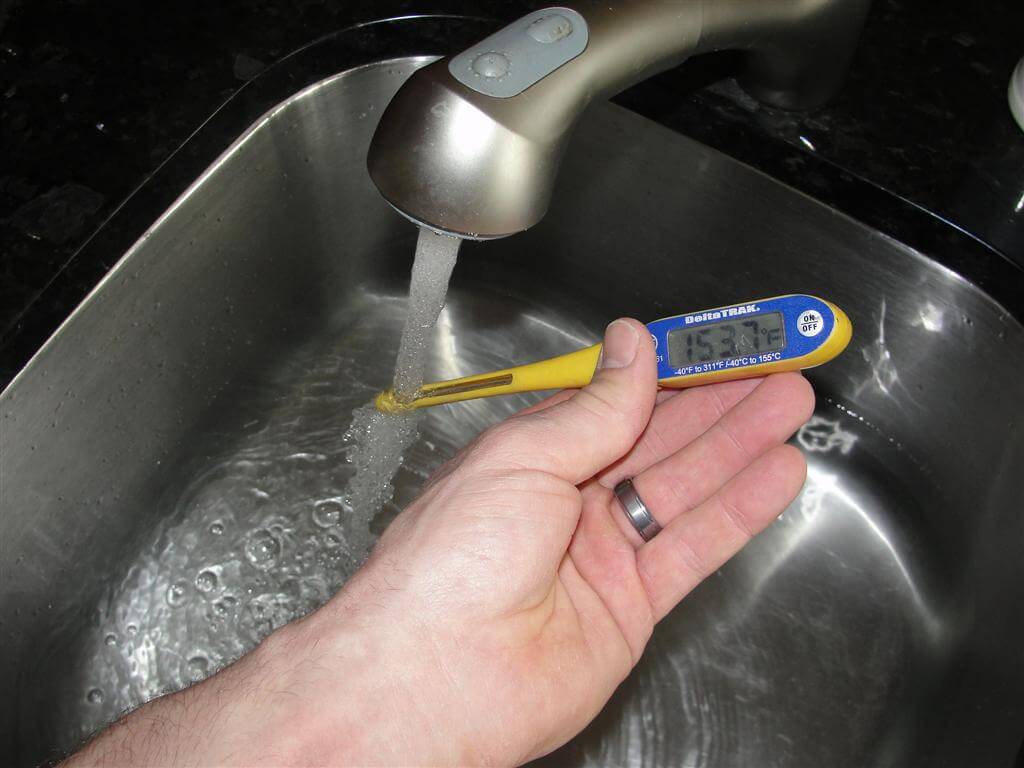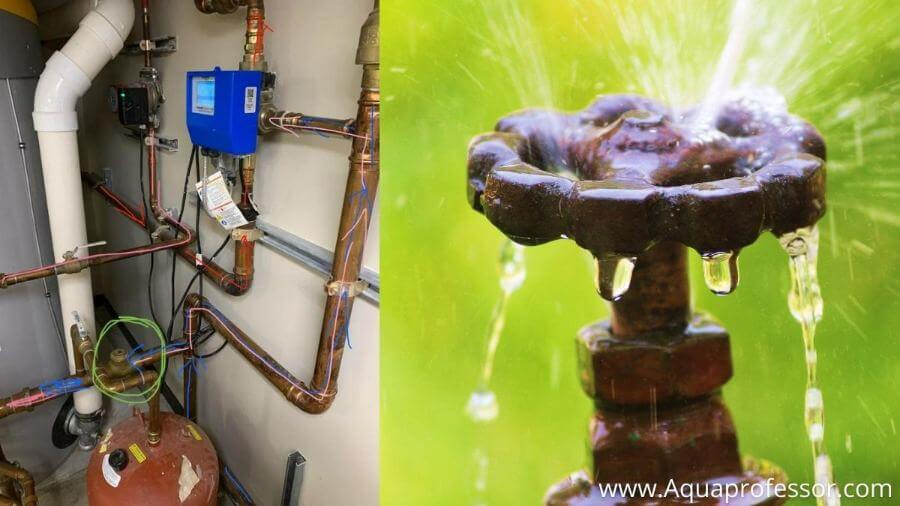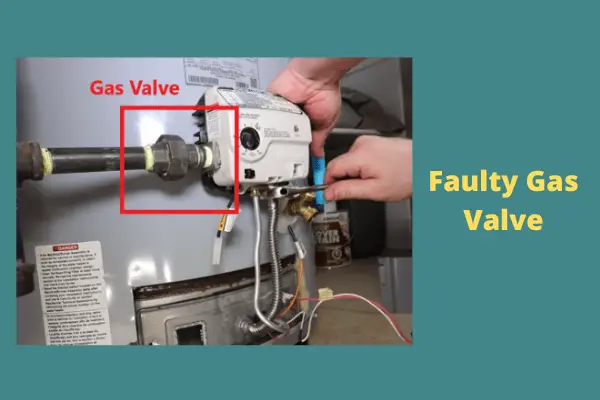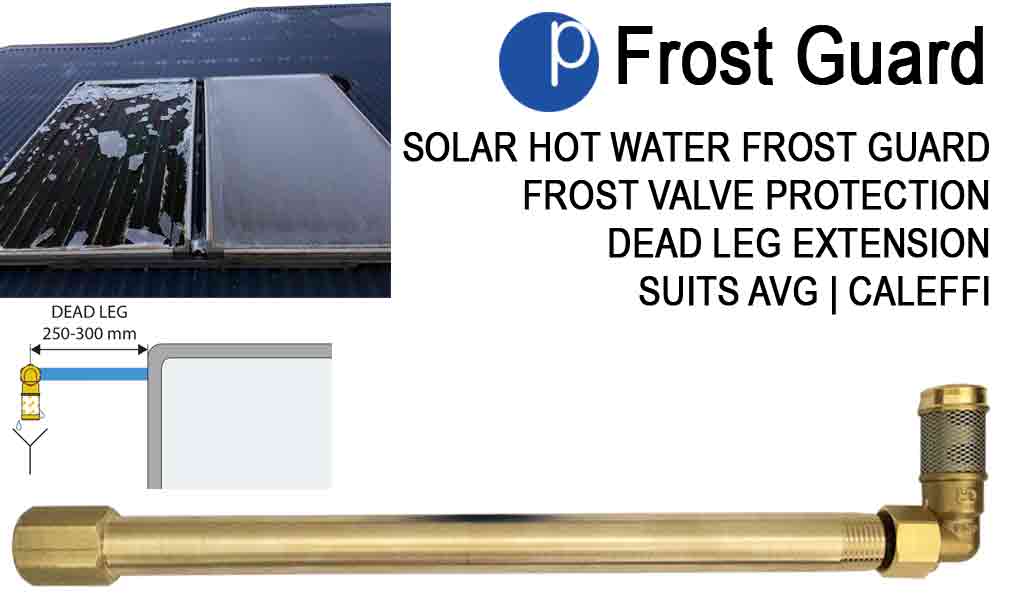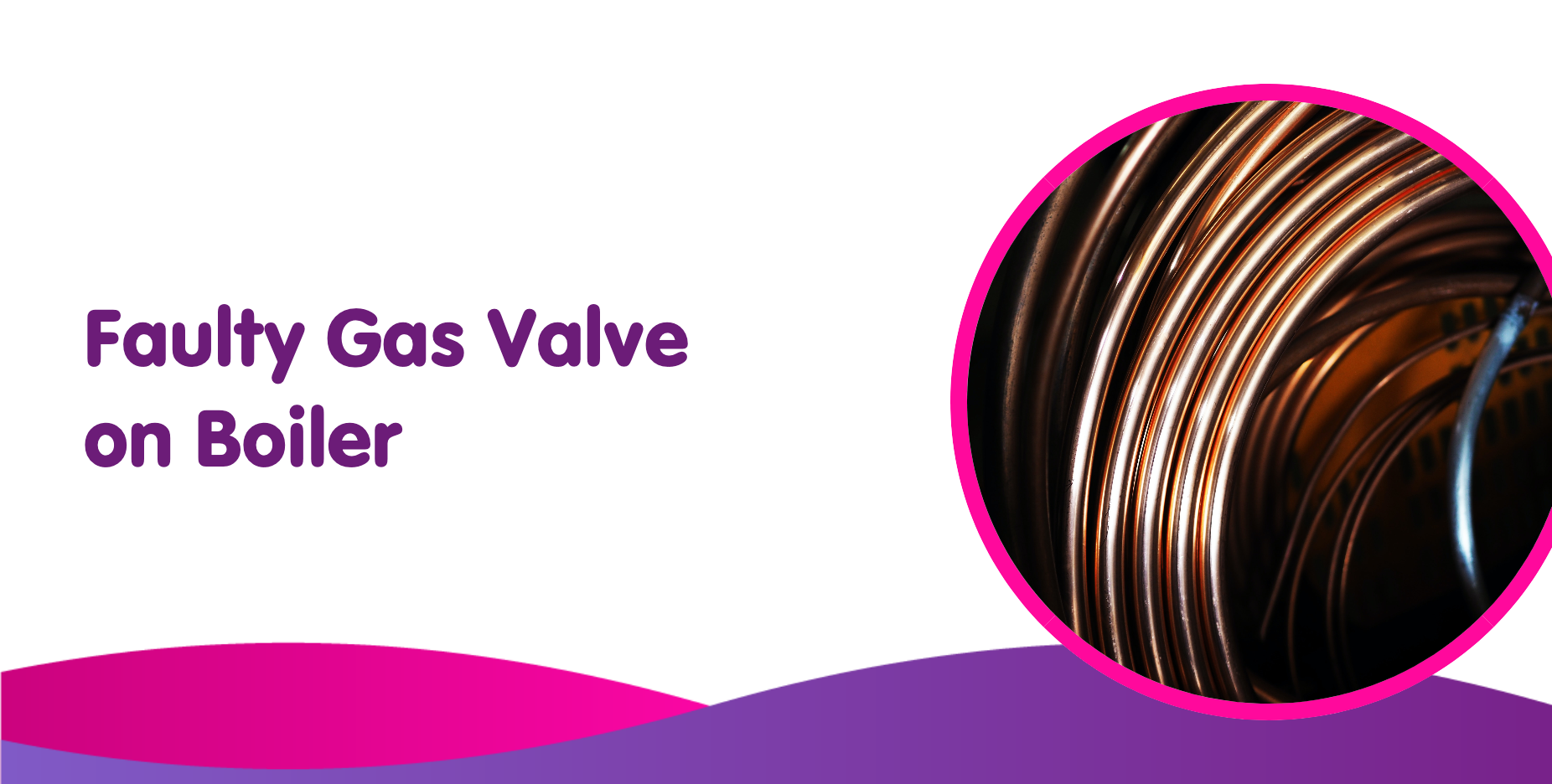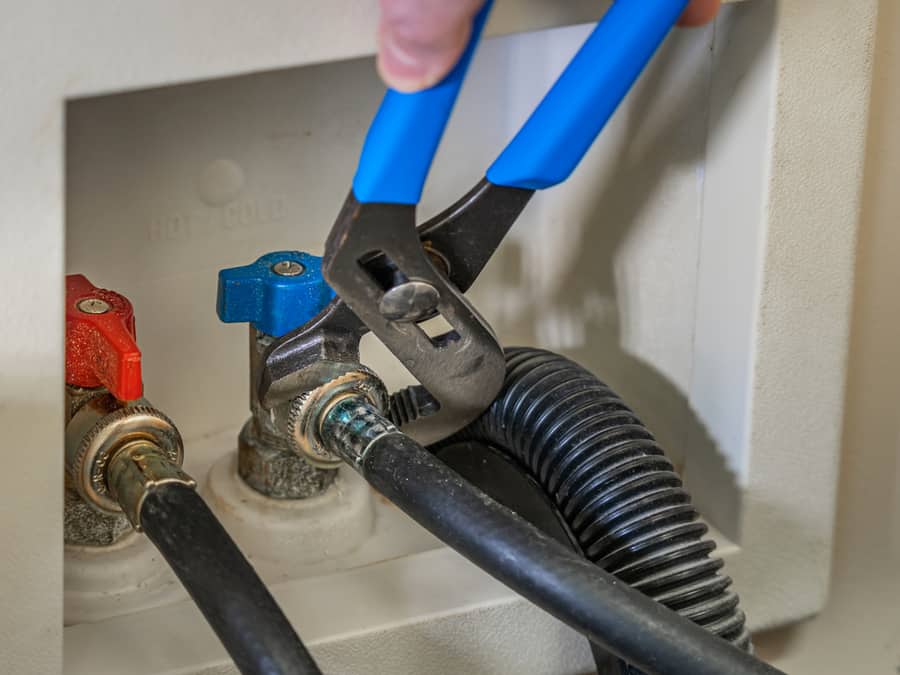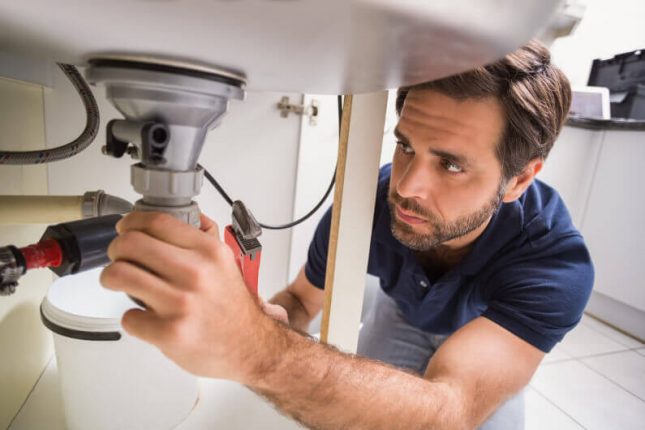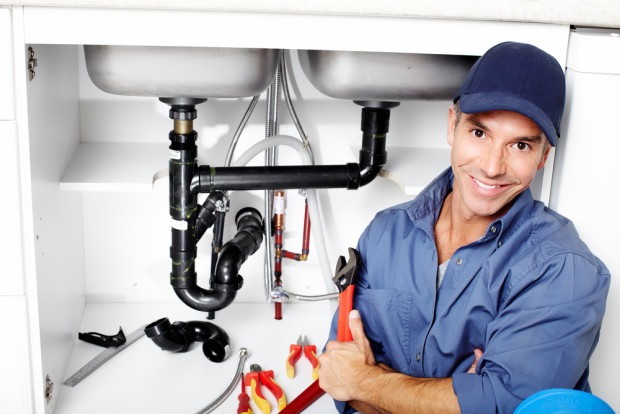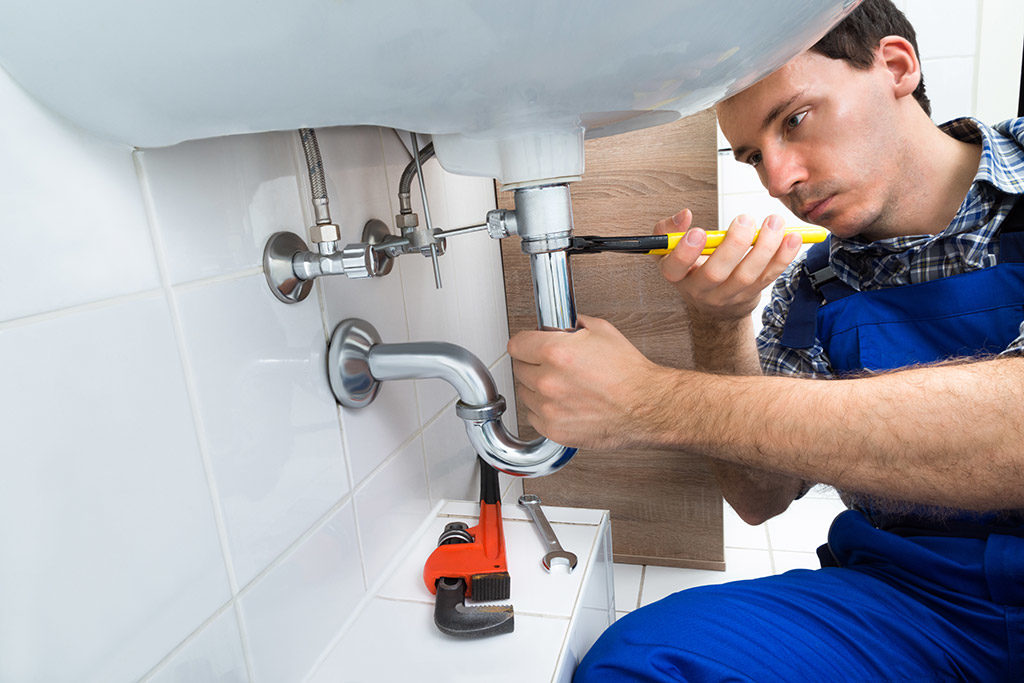If you're experiencing hot water issues in your kitchen sink, the first thing to check is your water heater. This is the main source of hot water in your home, so it's important to make sure it's functioning properly. Make sure the water heater is turned on and set to the correct temperature. If you have a gas water heater, check to see if the pilot light is lit. If you have an electric water heater, make sure the circuit breaker hasn't tripped.1. Check the water heater
The next step is to inspect the kitchen sink faucet itself. Sometimes, the issue may be with the faucet and not the hot water supply. Check to see if the faucet is turned on and if there are any visible leaks. If the faucet is old or damaged, it may need to be replaced. You can also try cleaning the faucet aerator, as buildup can cause hot water flow issues.2. Inspect the kitchen sink faucet
If your kitchen sink has a separate hot and cold water faucet, it's possible that the hot water aerator is clogged. This can prevent hot water from flowing through the faucet. You can try cleaning the aerator with a mixture of vinegar and water or replacing it altogether. Make sure to turn off the water supply before attempting to clean or replace the aerator.3. Look for a clogged aerator
Every sink has a shut-off valve for both hot and cold water. If the hot water shut-off valve is closed or partially closed, it can affect the flow of hot water to your kitchen sink. Make sure the valve is fully open and check for any leaks. If the valve is old or damaged, it may need to be replaced.4. Check the hot water shut-off valve
If you've ruled out all other possible causes, it's possible that there is a broken hot water pipe somewhere in your plumbing system. This can cause a decrease in hot water pressure or no hot water at all. You may notice water spots or wet spots on your walls or ceiling. In this case, it's best to call a professional plumber to locate and repair the broken pipe.5. Check for a broken hot water pipe
In some cases, the issue may be with the hot water supply line that connects to your kitchen sink. This can become clogged or damaged over time, preventing hot water from flowing through. You can try running hot water through the line to see if there are any obstructions. If the issue persists, it may need to be replaced.6. Check the hot water supply line
If you're experiencing low hot water pressure in your kitchen sink, it could be due to a problem with your hot water pressure tank. This tank is responsible for maintaining the pressure of your hot water supply. If it's not functioning properly, it can result in low hot water pressure. It's best to call a plumber to inspect and repair the pressure tank.7. Check the hot water pressure
If you're not getting hot water at all from your kitchen sink, it's possible that the hot water temperature is set too low. Check the temperature setting on your water heater and make sure it's set to the appropriate level. If it's set too low, it can result in no hot water at all.8. Check the hot water temperature
In some cases, the issue may be with the hot water valve itself. This valve controls the flow of hot water to your kitchen sink and can become damaged or faulty over time. If you suspect this may be the issue, it's best to call a plumber to replace the hot water valve.9. Check for a faulty hot water valve
If you've exhausted all other options and are still experiencing hot water issues in your kitchen sink, it's best to call a professional plumber for further inspection. They have the expertise and tools to diagnose and repair any plumbing issues that may be causing the problem. In conclusion, there are several potential causes for hot water not working in a kitchen sink. By following these tips and troubleshooting steps, you can hopefully identify and resolve the issue. Remember, if you're unsure or uncomfortable with any of these steps, it's always best to call a plumber for assistance.10. Call a plumber for further inspection
Reasons Why Hot Water May Not Be Working in Kitchen Sink Only

1. Faulty Water Heater
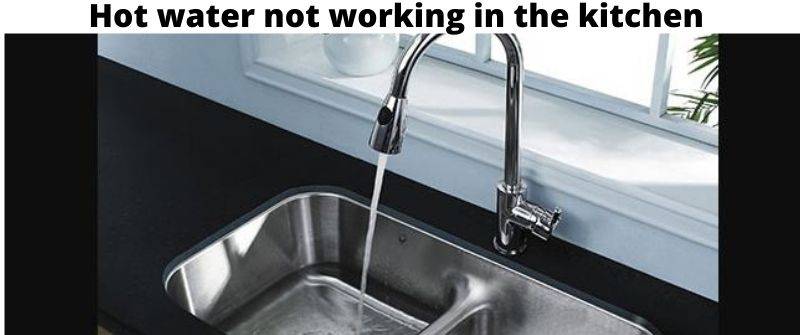 One of the most common reasons for hot water not working in the kitchen sink is a faulty water heater. The water heater is responsible for heating and delivering hot water to different faucets in the house. If the water heater is not functioning properly, it may not be able to deliver hot water to the kitchen sink. This could be due to a variety of reasons such as a malfunctioning heating element, a broken thermostat, or sediment buildup in the tank. It is important to have a professional plumber inspect and repair the water heater to ensure hot water is restored to the kitchen sink.
One of the most common reasons for hot water not working in the kitchen sink is a faulty water heater. The water heater is responsible for heating and delivering hot water to different faucets in the house. If the water heater is not functioning properly, it may not be able to deliver hot water to the kitchen sink. This could be due to a variety of reasons such as a malfunctioning heating element, a broken thermostat, or sediment buildup in the tank. It is important to have a professional plumber inspect and repair the water heater to ensure hot water is restored to the kitchen sink.
2. Clogged Pipes
 Another reason for hot water not working in the kitchen sink could be clogged pipes. Over time, mineral deposits, grease, and other debris can build up in the pipes leading to the kitchen sink, restricting the flow of hot water. This can also cause a decrease in water pressure, making it difficult for hot water to reach the sink. Regular drain cleaning and maintenance can help prevent clogs and ensure hot water flows freely to the kitchen sink.
Another reason for hot water not working in the kitchen sink could be clogged pipes. Over time, mineral deposits, grease, and other debris can build up in the pipes leading to the kitchen sink, restricting the flow of hot water. This can also cause a decrease in water pressure, making it difficult for hot water to reach the sink. Regular drain cleaning and maintenance can help prevent clogs and ensure hot water flows freely to the kitchen sink.
3. Mixing Valve Issues
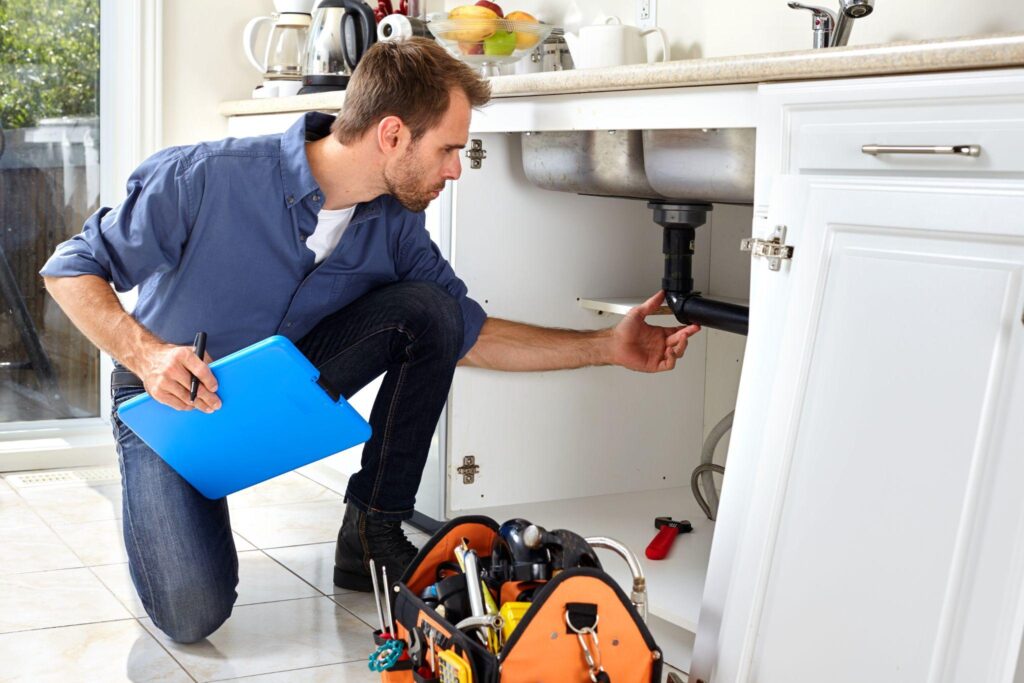 The mixing valve is responsible for regulating the temperature of the hot water coming out of the faucet. If the mixing valve is faulty, it can result in no hot water or only lukewarm water coming out of the kitchen sink. This could be caused by a malfunctioning valve or improper installation. A professional plumber can inspect and repair the mixing valve to ensure hot water is properly delivered to the kitchen sink.
The mixing valve is responsible for regulating the temperature of the hot water coming out of the faucet. If the mixing valve is faulty, it can result in no hot water or only lukewarm water coming out of the kitchen sink. This could be caused by a malfunctioning valve or improper installation. A professional plumber can inspect and repair the mixing valve to ensure hot water is properly delivered to the kitchen sink.
4. Pipe Leaks
 A leak in the hot water pipes leading to the kitchen sink can also cause hot water not to work. If there is a leak, hot water may not reach the sink or may take longer to reach it, resulting in lukewarm water. Not only does this waste water and increase utility bills, but it can also cause damage to the surrounding area. It is important to have any leaks in the hot water pipes repaired by a professional plumber.
In conclusion,
hot water not working in the kitchen sink can be caused by various issues such as a faulty water heater, clogged pipes, mixing valve problems, or pipe leaks. It is important to address these issues promptly to ensure hot water is restored to the kitchen sink and to avoid any further damage. Regular maintenance and inspections by a professional plumber can help prevent these problems and ensure a well-functioning hot water system in the kitchen.
A leak in the hot water pipes leading to the kitchen sink can also cause hot water not to work. If there is a leak, hot water may not reach the sink or may take longer to reach it, resulting in lukewarm water. Not only does this waste water and increase utility bills, but it can also cause damage to the surrounding area. It is important to have any leaks in the hot water pipes repaired by a professional plumber.
In conclusion,
hot water not working in the kitchen sink can be caused by various issues such as a faulty water heater, clogged pipes, mixing valve problems, or pipe leaks. It is important to address these issues promptly to ensure hot water is restored to the kitchen sink and to avoid any further damage. Regular maintenance and inspections by a professional plumber can help prevent these problems and ensure a well-functioning hot water system in the kitchen.




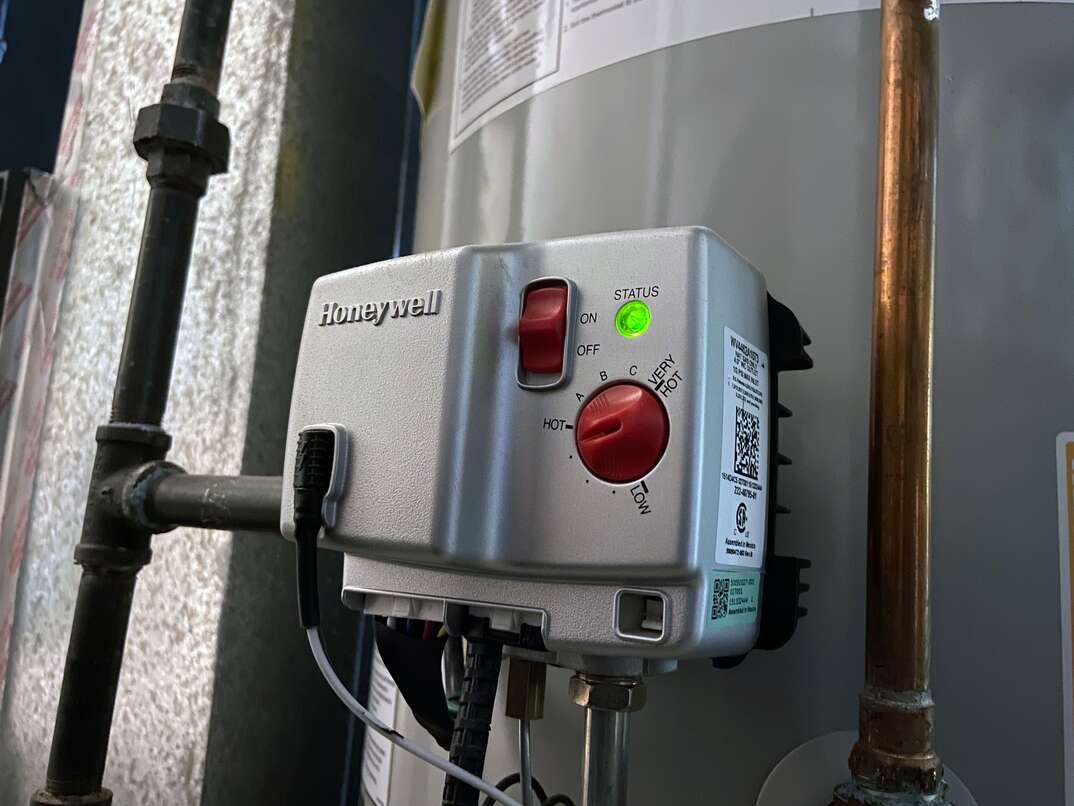
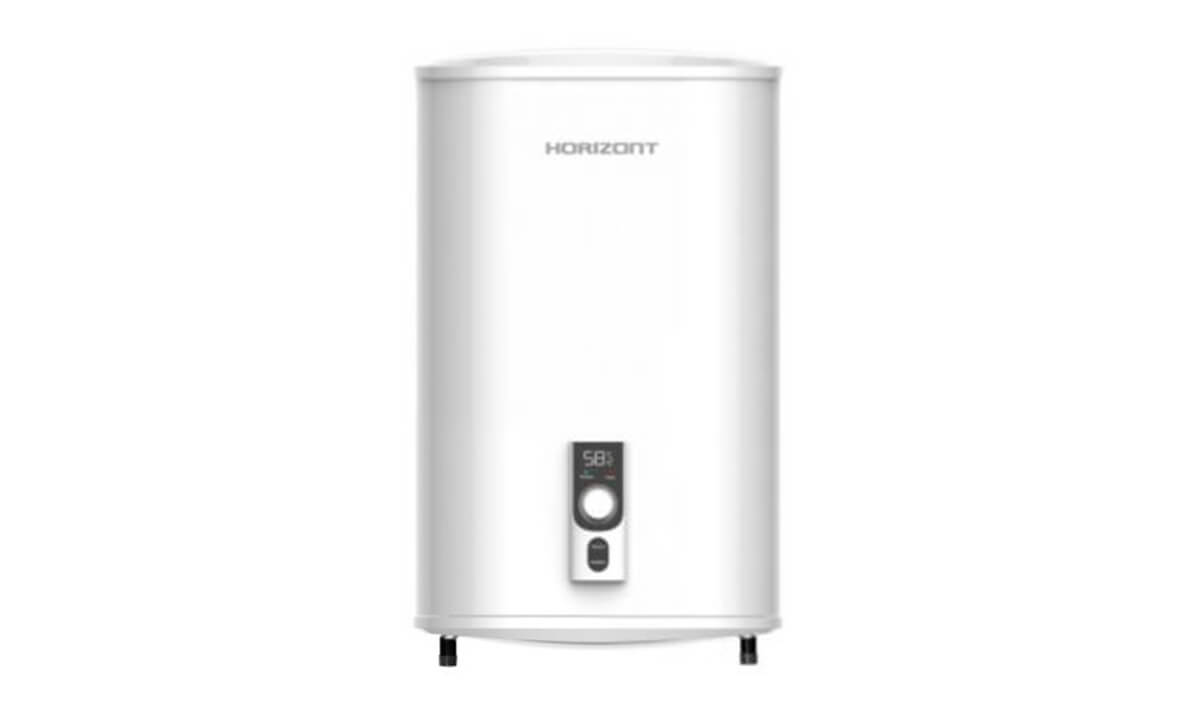


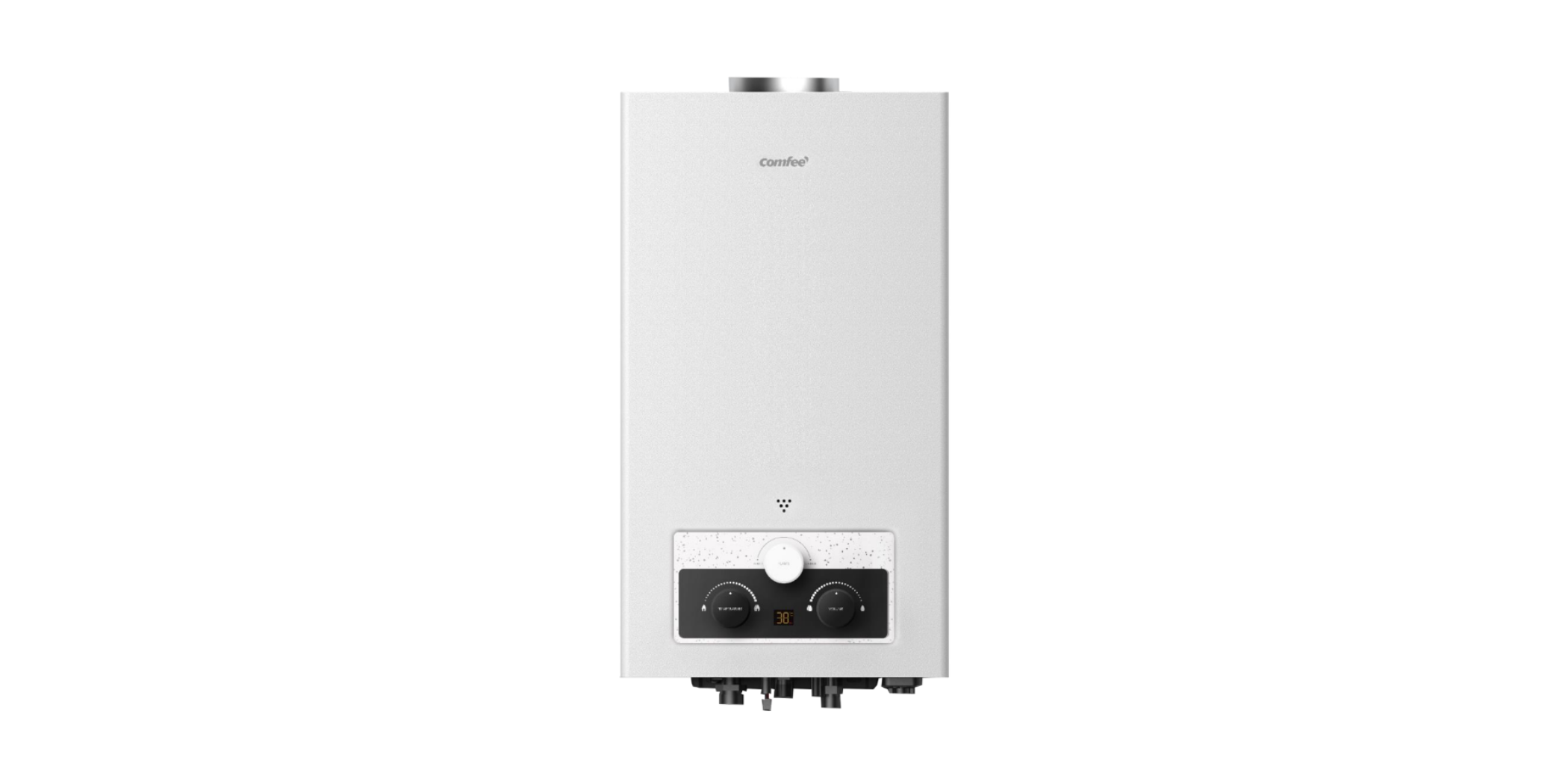



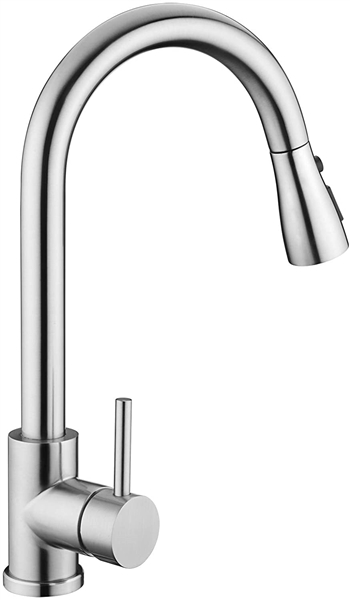


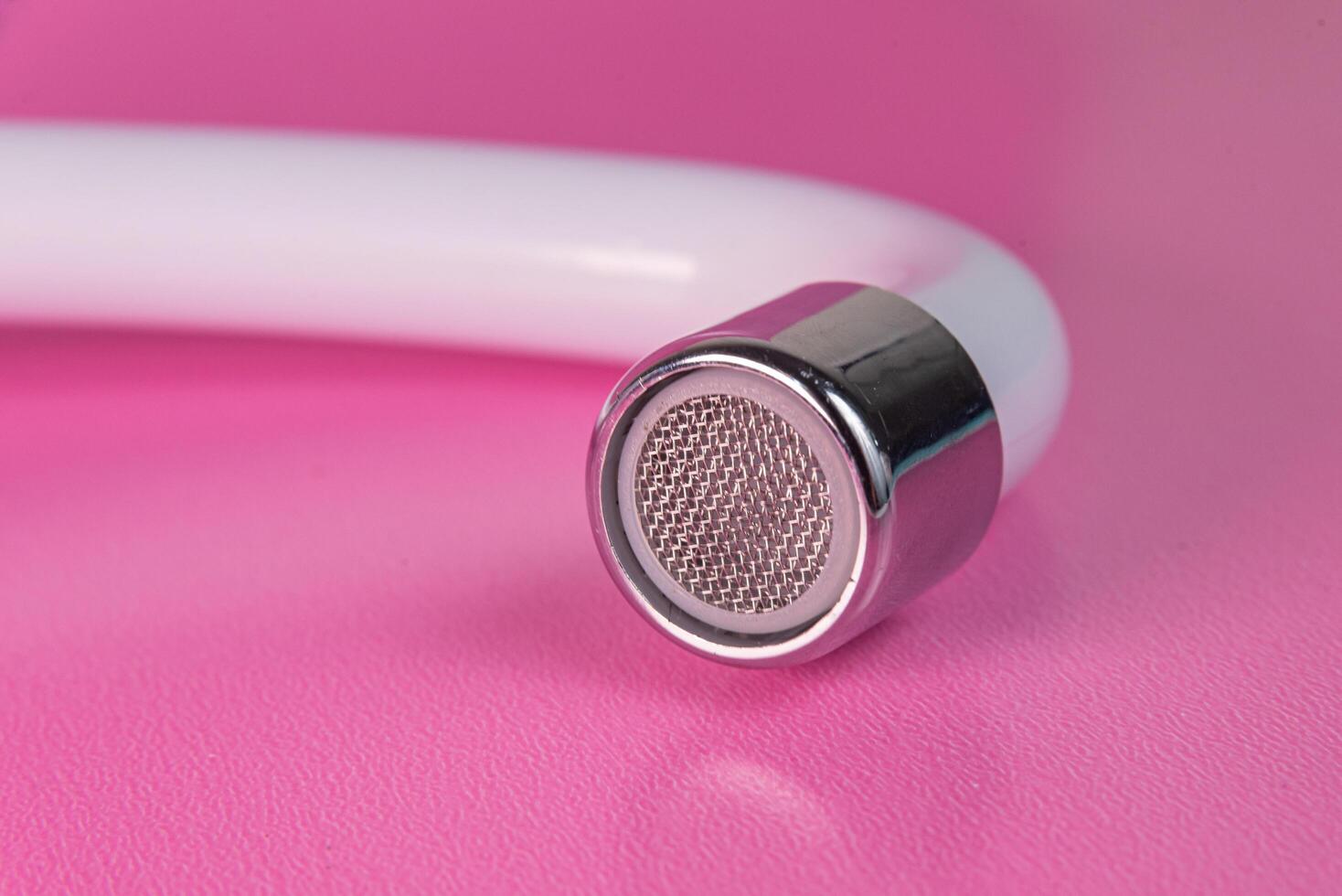



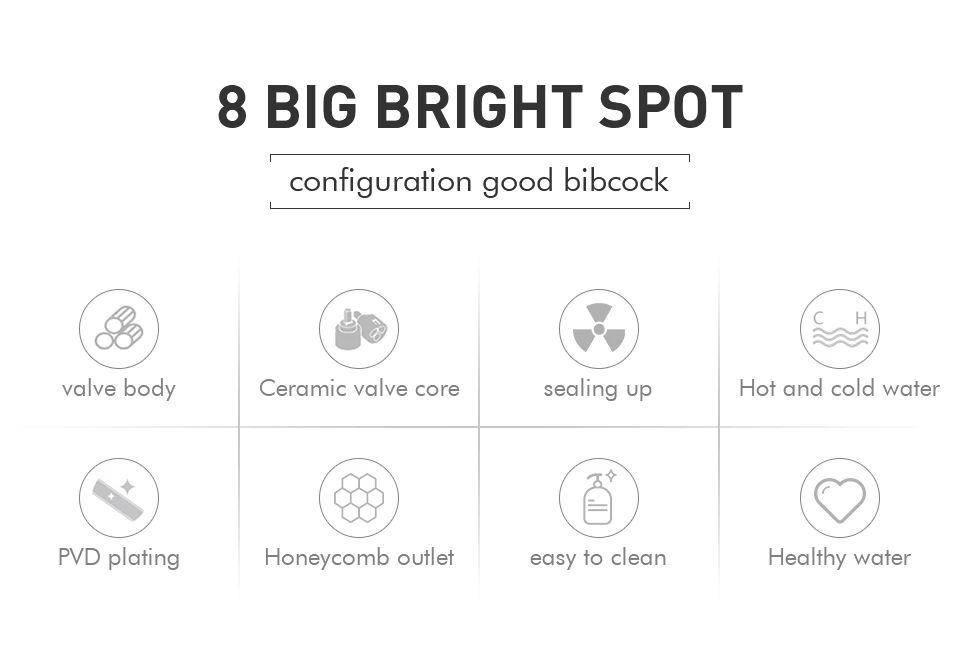



:max_bytes(150000):strip_icc()/ac3-56a73c5a5f9b58b7d0e81836.jpg)
:max_bytes(150000):strip_icc()/ac2-56a73c5c5f9b58b7d0e81846.jpg)
